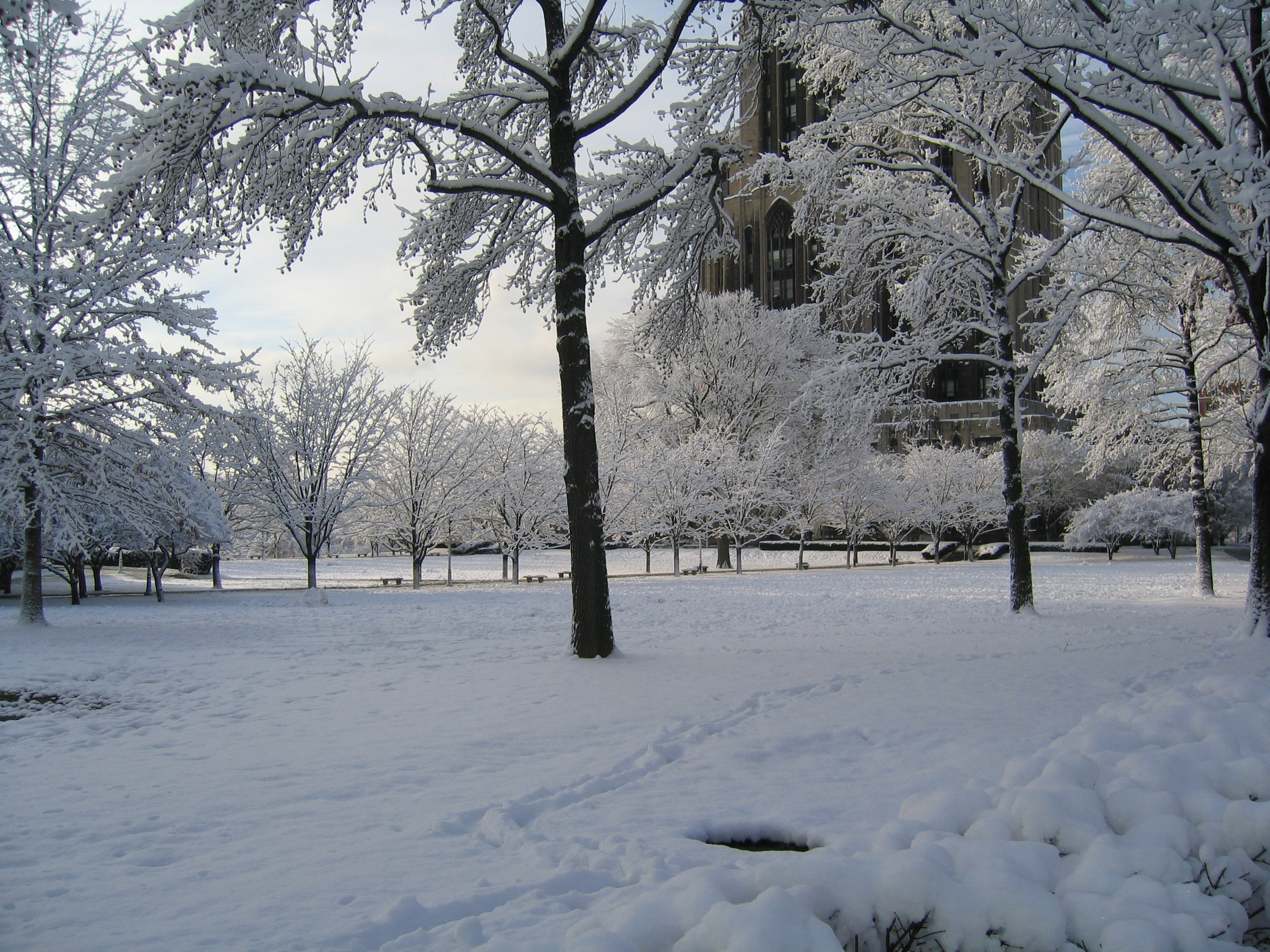One day in the Life of Ivan Denisovich
Aleksandr Solzhenitsyn
Word Whisperer
Blog Post 5
On page 161, there is a imagery, a imagery of religion, because it would say like this, "There you are Ivan Denisovich, your soul is begging to pray. Why don't you give it's freedom?" This type of imagery reflecting the persons religion, impacts the story and the reader, the story, because it demonstrates that prisoners still with all tis work need sometime to worship their religion, how after this prison they will be changed, how the prison has let them meditate and see inside their souls. And it impacts the reader, because usually you are made to think that the prisoners don't have souls and just want to do drugs and steal and kill, but it shows the reader, that the prisoners still believe in things, and still are people. The meaning of this device imagery, is to demonstrate a visual image of the happening, of the spirit, or of the thought.
There would also be a allegory, a allegory is a image that has a hidden meaning, and I think it would be on the food, because food would be very important and sacred for them. a example is on page 166, " (We've nothing, but we always find a way to make something extra." This represents allegory, because the hidden meaning on food, would be the characterization that is given to each one of the characters in the book, on how they eat and what they eat, which is essential for the book. This allegory impacts the reader, because it shows how little food they receive, and how they have to strategize, so that they an recieve a little extra, because a little extra can save their lives.
There would also be tone, which would be related to, emotionally muted, and angry, because the prisoners are not allowed to speak for themselves, and can't have what they want, so the are muted, for example on page 158 it says, "The barracks commander rushed from the porch to the rear column and started swearing and hitting out." This is the tone of emotionally muted and angry, emotionally muted because they can't fight back, and that makes them angry because someone is swearing and hitting you but you are not allowed to fight back. So tone is how the characters react to things that happen to him. This impacts the story, because if they did not have this anger and emotional mute, there would be a fight with guards and prisoners, which would later lead to many deaths and prison disorder.



.jpg)
No comments:
Post a Comment